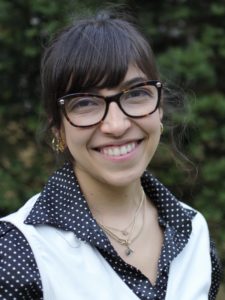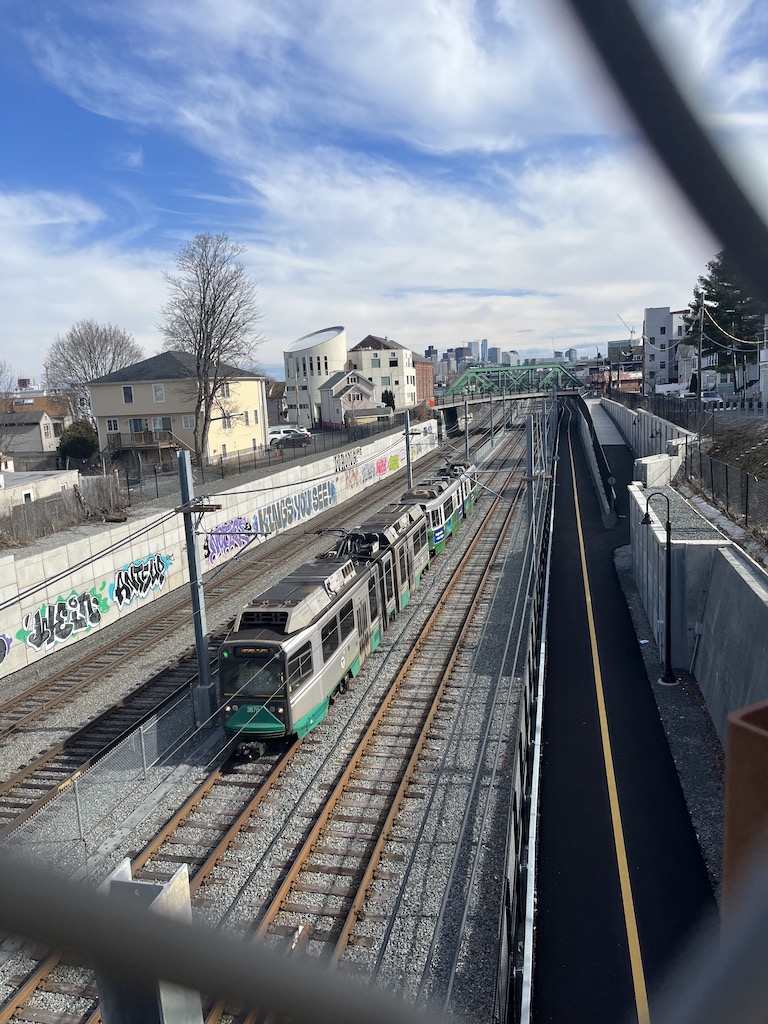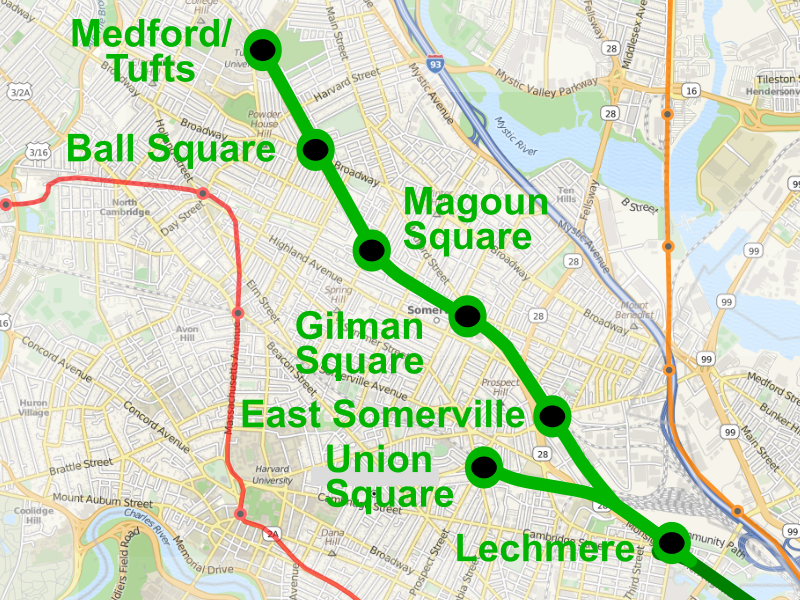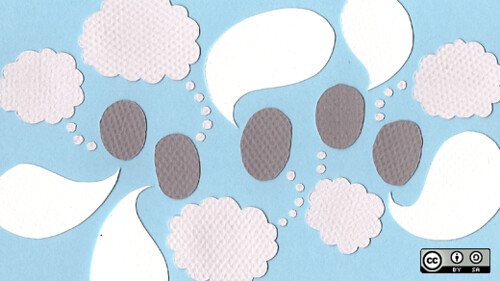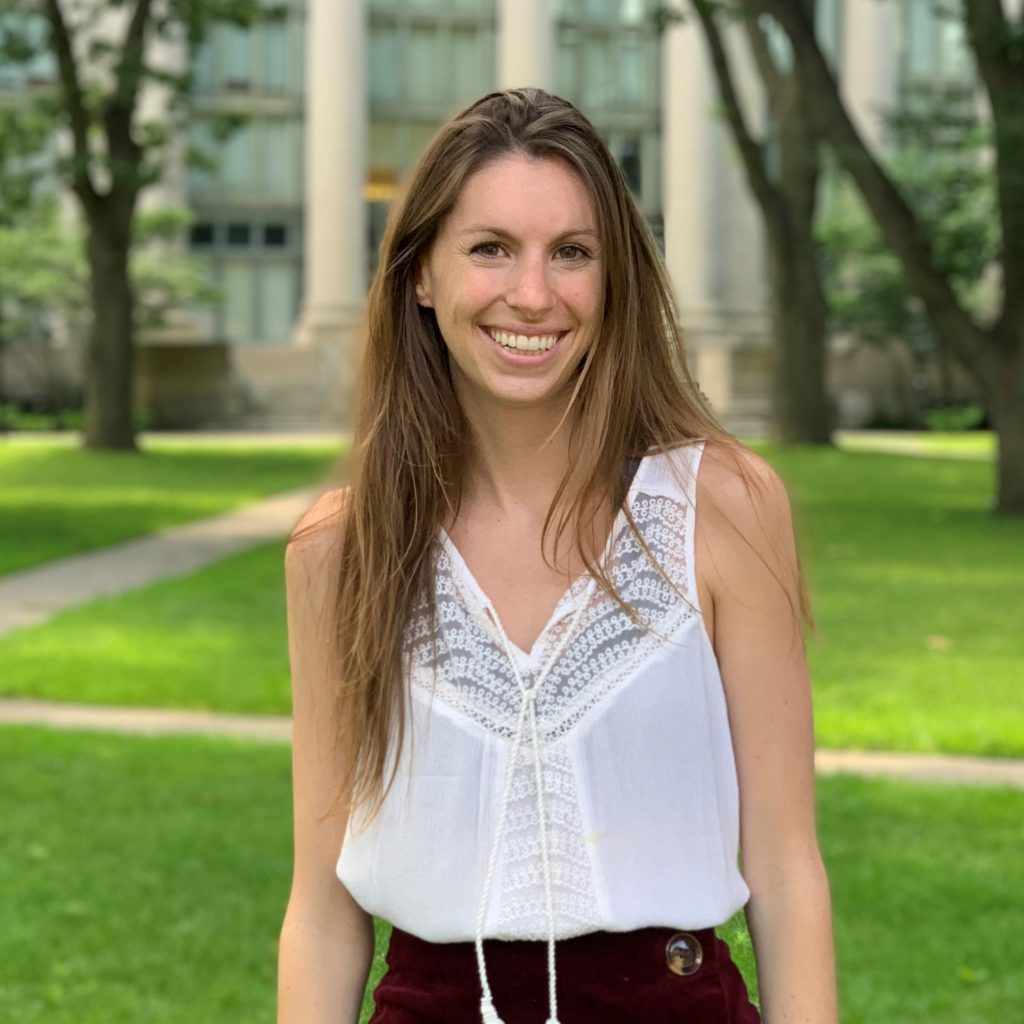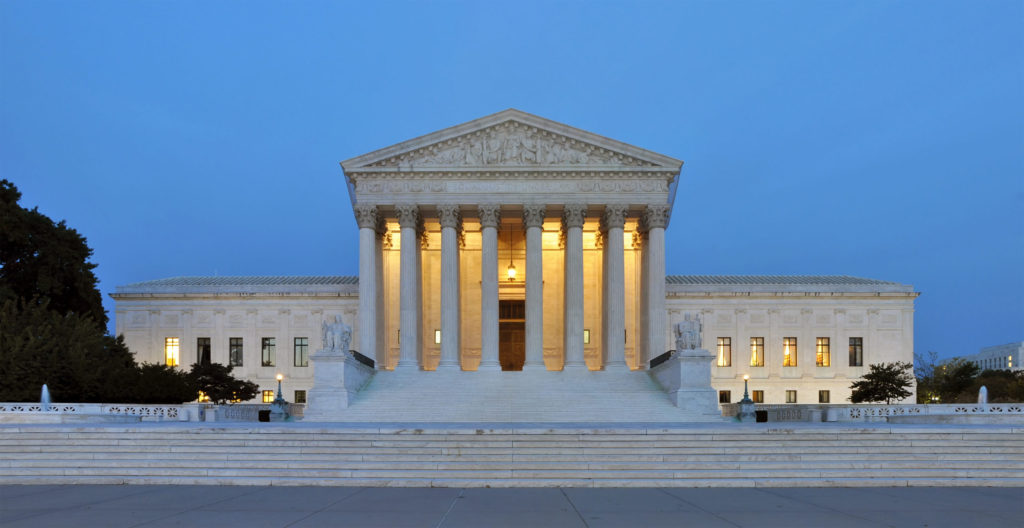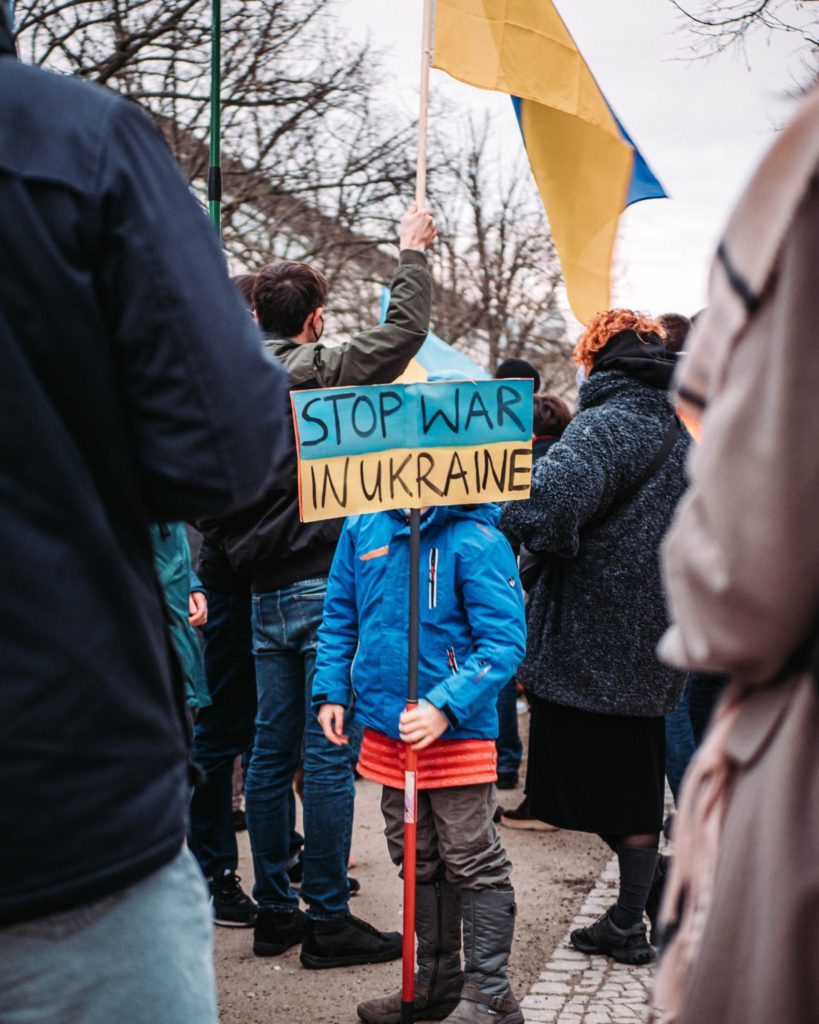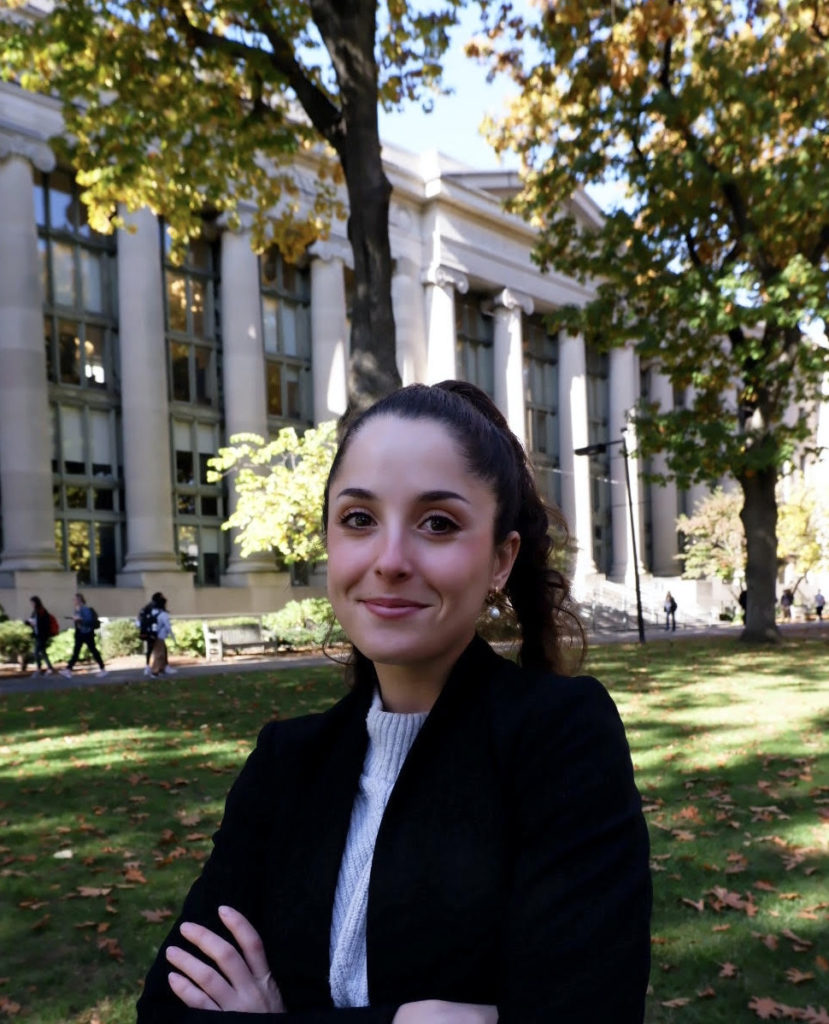by Deanna Pantin Parrish ′16 and Sara del Nido Budish ′13
President Biden ran on a campaign of unity, “restoring the soul of our nation.” These calls often resembled a pastor’s sermon more than policymaker’s plan, and suggested that division was not a symptom, but instead a harm in and of itself. Indeed, unity was the unambiguous theme of Inauguration Day; in his address, President Biden called out the “uncivil war” of division between “that which pits red against blue, rural versus urban, conservative versus liberal.” He named harms and entrenched challenges – “racism, nativism, fear, and demonization” – but his speech did not walk us through how he planned to address them. It was hard not to recall, even as Biden swore on his family bible, that only two weeks prior, the very site of his Presidential oath was swarmed by unmasked white nationalist rioters touting racist symbols, openly rejecting democracy, and frankly embracing violent bigotry, all led on by shameless encouragement from the very top.
In President Biden’s view, it seems that division itself is what needs to be overcome. But how? Does his vision of unity include those who stormed the Capitol, or the lawmakers who refuse to denounce them? How do we achieve unity when the current moment also requires an unambiguous rejection of forms of violence? Is his unity a moral aspiration, or a political project? If it is the latter, how do we implement it?
These questions may well be troubling for all of us, and they are perhaps particularly unsettling for those of us who work in a field that centers how to engage conflict thoughtfully. The ADR community is comprised of legally-oriented interdisciplinarians whose work investigates felt harms and supports parties in imagining their repair. In some ways, ADR may be thought of as the humanist side of the law, concerning itself with the people-felt impact of policies made without them present at the table. President Biden’s call is particularly resonant for the justice-oriented ADR practitioners among us, we who grapple with notions of neutrality and problematize peace when it comes at the expense of speaking truth to power.
In this way, the question of how unity is possible in a moment of trauma, righteous indignation, rage, fear, and hatred goes to the core of our field. Through the lens of dispute systems design, perhaps it is now our task to do what we do best: to grapple and disentangle and define what is being said or left unsaid, and push ourselves to be more creative and imaginative in the tools we might engage to move forward.
To do so, we must actively listen. Actively listen to President Biden: he is calling for an end to division across the board, but has been less clear on how that call interacts with political questions such as the pending impeachment trial in the Senate. Actively listen to the communities that have been ravaged by the interlocking pandemics of COVID-19, economic oppression, and white supremacy: many are calling for reparation of historical traumas, as well as the address of their immediate needs. Actively listen to our young people: they are imagining a newer and more radical future, one where unity means accountability, political bravery, and collective liberation. Actively listen to the votes of 74 million people, which indicated that a second term for President Trump was the preferred option. Take a fresh look at where we, as practitioners, have fallen short in our listening and inclusiveness in the past. As the brilliant youth inaugural poet laureate, Amanda Gorman, lyrically put it:
If we’re to live up to our own time,
then victory won’t lie in the blade.
But in all the bridges we’ve made,
that is the promise to glade,
the hill we climb.
If only we dare.
It’s because being American is more than a pride we inherit,
it’s the past we step into
and how we repair it.
Spiritual and interpersonal growth is an important pathway to healing. However, as the poem suggests, there is a vision of restoration, reconciliation, and recovery that is born from accountability. What if we were united in condemning those who act to destroy the project of democracy? What if a collective felt pain in facing the racism of our history were what united us? What if what unified us was a collective acknowledgment and reparation of harms so entrenched in our nation’s legal architecture that they have not been, and cannot be, addressed in court? Could we have shared buy-in for a process by which our diverse, fractious, sprawling society can engage, even if we knew there would be serious disagreements around what the outcome should be?
In the context of conflict management, we are often tasked with “moving towards the conflict.” This is challenging, especially when the temptation is to run the other way, and focus exclusively on the points of agreement or commonality. Similarly, the peril of President Biden’s inaugural speech, and of the admittedly refreshing talk of unity, is that we paper over what brought us to this terrible moment in the first place. Unity need not, and in fact must not, be weaponized as a tool for silencing. To paraphrase James Baldwin, nothing can be changed if it is not faced. Let us hope that in the coming weeks, months, and years, we discover, together, what it looks like to face harm and to emerge, in Amanda Gorman’s words, battered and beautiful, on the other side.
Deanna Pantin Parrish is Lecturer on Law at Harvard Law School and a Clinical Instructor at the Harvard Negotiation and Mediation Clinical Program.
Sara del Nido Budish is Assistant Director of the Harvard Negotiation & Mediation Clinical Program
.


